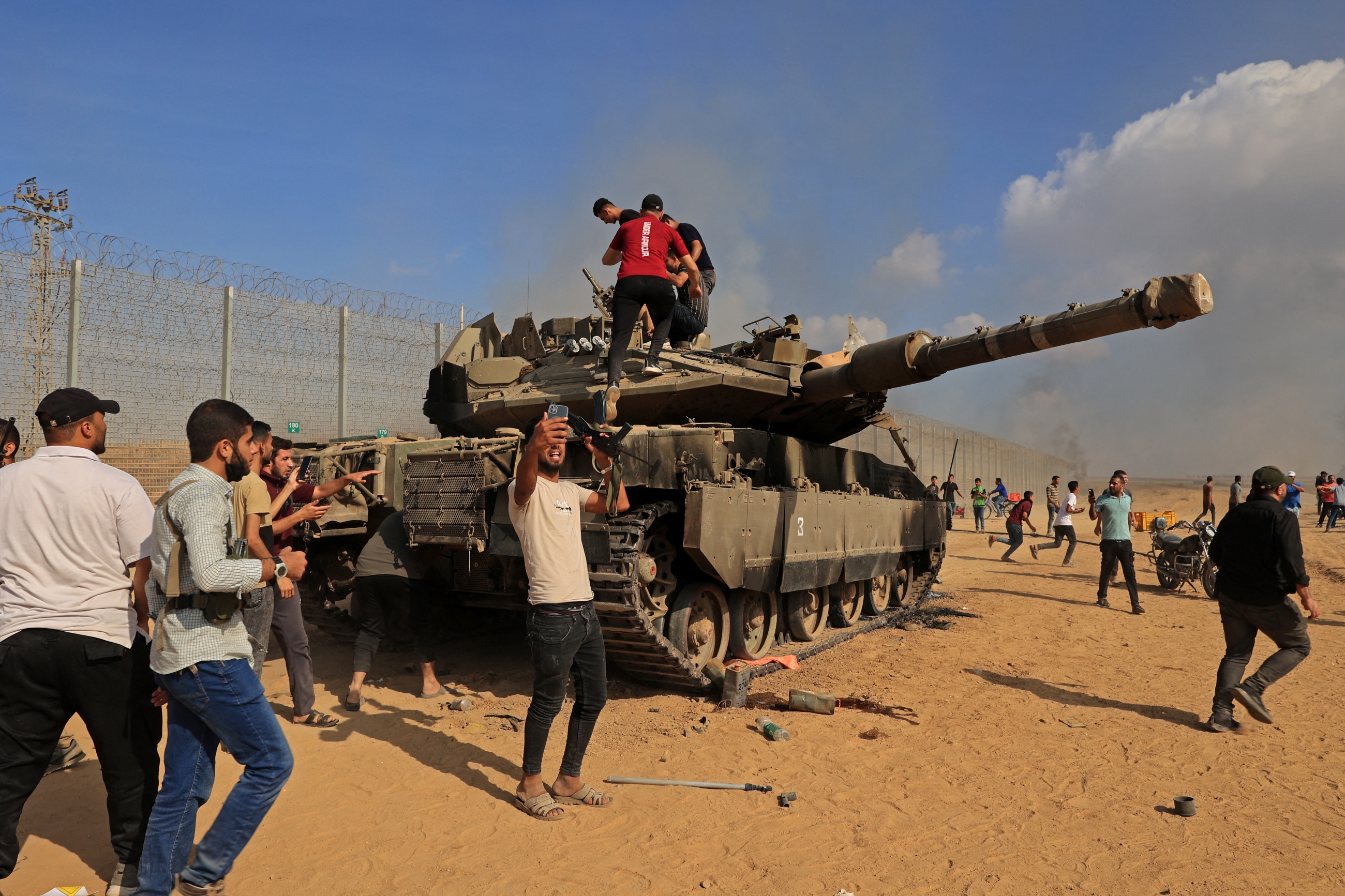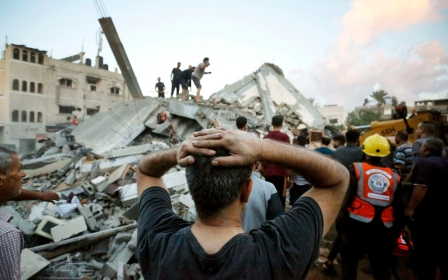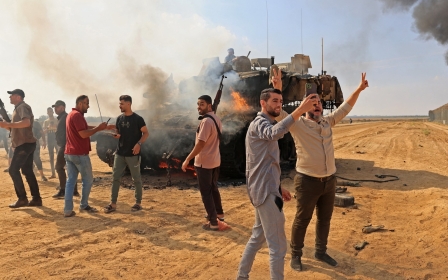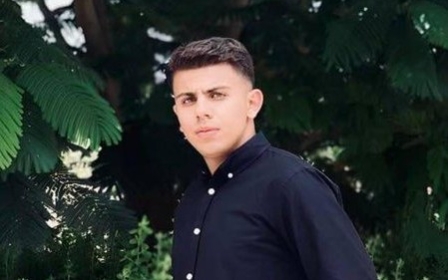Palestinian attack on Israel: What we know

Early on Saturday morning, Palestinians launched an assault on Israel from the Gaza Strip, including rocket attacks and fighters storming Israeli communities.
Here's what we know so far:
The attack
Hamas's military leader, Mohammad Deif, said early on Saturday that 5,000 rockets had been fired at Israel. The Israeli military put the number at 2,200. Rocket fire continued throughout the day and by evening sirens were still blaring in Tel Aviv.
For context, about 4,000 rockets were fired by Palestinian resistance groups over 50 days during the 2014 Gaza war.
Palestinian fighters also crossed from Gaza into Israel. It is unclear how many made it into Israel, but the number is thought to be in the dozens at least. Hamas has released footage of fighters heading into Israel on motorbikes through a hole in Israel's boundary fence.
Israeli media reported that paragliding Palestinian fighters flew over the fence then opened gates to let others through. Unverified footage circulating online purportedly shows paragliders crossing into Israel. Hamas later released footage of its fighters using paragliding equipment, but it was not clear if it had been filmed on Saturday.
Israeli army spokesman Richard Hecht confirmed it was a "combined ground raid which happened through paragliders, through the sea and through the ground".
The casualties
Israeli authorities said at least 150 Israelis had been killed and more than 1,100 wounded.
In response to the assualt, Israel has bombarded the Gaza Strip, killing about 200 Palestinians according to local health authorities.
Mean while, three Palestinians have now been killed and more than 30 wounded in the occupied West Bank and East Jerusalem, according to Palestinian medics. One of those was a 13-year-old boy.
The response
Israel has declared that it is in a state of war.
"We are at war, this is not an operation," Prime Minister Benjamin Netanyahu said.
"Hamas has launched a murderous surprise attack against the State of Israel and its citizens. Firstly, I have ordered for all of the settlements to be cleansed of the terrorists who have infiltrated, and I have ordered for a large-scale mobilisation of reserves. The enemy will pay a price he has never known."
Deif, the leader of Hamas's military wing, the Izz al-Din al-Qassam Brigades, called on all Palestinians and resistance factions to rise up against Israel.
Hezbollah, the Lebanese armed movement that last fought a war with Israel in 2006, hailed the attack.
"Resistance is the only option in the face of aggression and occupation and a message to the Arab and Islamic world and the entire international community, especially those seeking normalisation with this enemy, that the Palestinian issue is a living issue that will not die until victory and liberation," it said.
The current situation
Hamas said it has taken dozens of Israelis hostage. It is believed they include soldiers and civilians, and footage online indicates many have been taken to Gaza.
On Saturday evening, Israel said fighting is ongoing in 22 locations in Israeli territory.
Israeli army spokesperson Daniel Hagari said four divisions have been deployed to the separation fence with Gaza, alongside an additional 31 battalions already there.
The background
This is the most significant surprise attack on Israel since the 1973 war launched by Egypt almost exactly 50 years ago.
Hamas and Hezbollah have both said the attack is a response to Israeli violations of Al-Aqsa Mosque in occupied East Jerusalem.
In recent weeks, Israelis have celebrated several major religious holidays, such as Yom Kippur. Ahead of Jewish prayers at the Western Wall, Israeli forces have raided the adjacent Al-Aqsa Mosque and cleared it of Palestinian worshippers.
In 2021, Israeli raids on Al-Aqsa provoked Hamas into firing a barrage of rockets at Israel. The ensuing two-week conflict saw 250 Palestinians and 14 Israelis killed, and riots in mixed Palestinian-Jewish cities in Israel.
This year has been the deadliest year for Palestinians in the occupied West Bank since the Second Intifada ended in 2005. So far, 172 Palestinians have been killed by Israeli forces in the West Bank this year, as armed Palestinian resistance there has grown.
Middle East Eye propose une couverture et une analyse indépendantes et incomparables du Moyen-Orient, de l’Afrique du Nord et d’autres régions du monde. Pour en savoir plus sur la reprise de ce contenu et les frais qui s’appliquent, veuillez remplir ce formulaire [en anglais]. Pour en savoir plus sur MEE, cliquez ici [en anglais].




